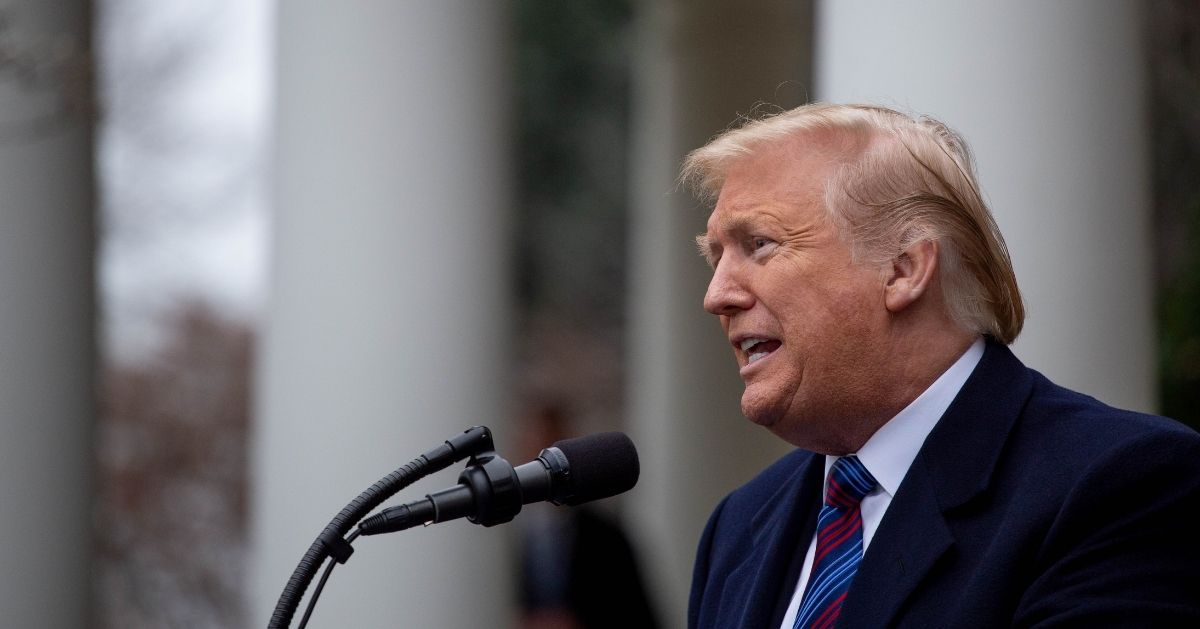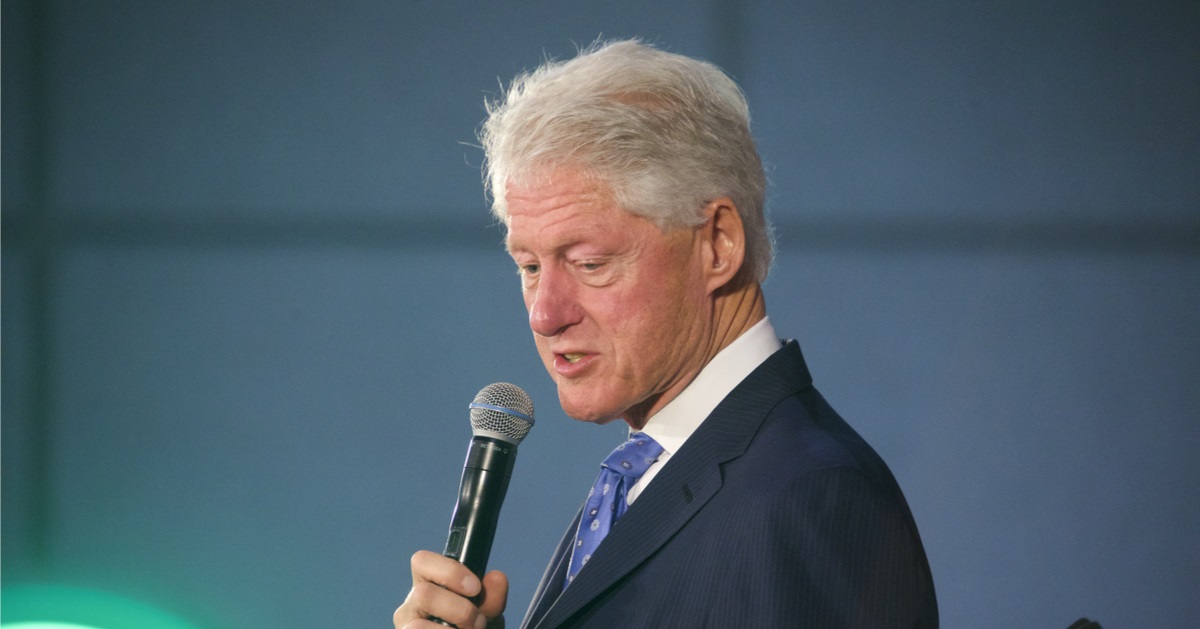DANIEL VAUGHAN: Both Political Parties Are Failing The Crisis Of Our Time
In both American history and politics, there are critical pivot points that change the course of where we were going as a country. What happens after these moments dictates which parties and politicians react, and those who don't understand them get run over.
As an example, the Great Depression is one of those hinge moments. The 1920s were prosperous, and wealth ran rampant in the United States. We emerged from the First World War and experienced rapid economic growth, beginning a fast ascent.
But the Depression rocked everyone. Republicans bore the brunt of this, and FDR's "New Deal" created a near-iron-clad coalition for Democrats that didn't really break until 1980. Herbert Hoover and Republicans, who oversaw the 1920s' economic boom, took the blame for the Depression.
After FDR, Republicans had to content themselves with renting national politics nationally, with Eisenhower and Nixon, but it was harder to break through with anything else. Reagan was a harbinger of change because the combined years of Kennedy, Johnson, and Carter were a disaster nationally. The excesses of liberalism gave rise to conservatism nationally.
The fall of the Soviet Union proved the accuracy of Reagan's policies and their need. However, history doesn't stop; it continues. The terrorist attacks on September 11, 2001, were another hinge point: Republicans gained even more popularity by already holding the pro-defense stance.
But the next hinge point is the one we're still dealing with now: the Great Recession. George W. Bush's handling of two wars and the economy's subsequent implosion marked a moment similar to the Great Depression. Americans blamed Republicans for what happened and swept Obama into office.
That could have been a transformational moment for Americans. Obama had the political capital and Congressional majorities to push through the generational change he campaigned on. The economy was in the gutter. To his credit, George W. Bush pushed through the most complex parts of the bailout to clear the table for Obama.
But Americans never got the economic recovery they wanted, and they hated the bailouts of the banks, auto companies, and more. On top of that, instead of focusing on the economy and understanding, like FDR did, Americans wanted a "New Deal" moment; he pivoted to Obamacare. That healthcare legislation has been an abstract failure, which we're still subsidizing to this day.
Another thing happened to both political parties: populism exploded in both. In the Republican Party, outrage over the bailouts, including demands to bail out everyone's mortgages, led to the Tea Party. That populist movement swept out Republican and Democratic incumbents across the board.
Republican leadership at the time, McCain, Romney, and others, tried to run Reagan and Bush policy and terminology at a time when the American voters still blamed them for the 2008 meltdown. And so, Republicans lost 2008 and 2012, with Trump sweeping the scene, representing the change voters demanded.
But on the left, another thing appeared: The Occupy Wall Street movement. The OWS movement is where the populist socialist movement was birthed. In that, you see all the harbingers of what would come: the trashing of cities, modern populist socialism, and the rise of Bernie Sanders.
The COVID-19 pandemic represented another hinge moment. That was when public health failed, and the flames of populism from the bailout era caught fire again. Biden barely snuck out a victory in 2020, and his administration collapsed in 2024, sweeping Trump back into power.
The hinge moment Biden never recognized or addressed was simple: inflation exploded. He denied that it was an issue, and it cost him.
America is a country where the failures and broken promises of the Great Recession triggered a populist backlash. And because both parties continue to ignore the causes and demands of these populist outrages, the flames continue to burn higher.
If you look at the leadership in both parties, the basic plan is to try to wait it out. In the Republican Party, Trump took power, channeling that populist energy. That's been healthy in political terms; the process is working. But answers are still lacking. In the Democratic Party, the establishment has rigged the process against those populist impulses. Ironically, we're seeing the socialists gain even more power as a result.
Recounting history is crucial because it helps us understand why we are here right now and what is animating our politics. If you look at any survey of millennials or younger Americans, there's a disconnect. People do not buy into the system in the same way, and no one is actively pursuing means to make them buy into things. The only answer is fanning the flames of outrage.
FDR and Reagan promised and delivered answers that people bought into, and it refreshed the entire political order. We need something similar, but that's not happening.
Inflation is still a problem. Neither Democrats nor Republicans are adequately dealing with that issue. And the corrosive acid of inflation is eating at the foundations of the parties and the country as a whole.
Policymakers must understand the following: people must buy back into the American dream and see it as possible. That means we must get people to own part of it. We need more homeowners, more business owners, and more Americans owning a part of the pie that makes us a country.
Capitalism understands that if we increase the size of the economic pie, everyone can get a slice. Socialists focus on what we lack and the need to conserve the little that exists. Instead, we have a culture, built in the Boomer era, that pushed everyone into security: college degrees, safe corporate jobs, nice rentals, and more.
That's resulted in fewer homeowners, more people working for large companies, and less connection and ownership of the places people live and breathe. This is a perfect breeding ground for socialism, which is why we're seeing it explode.
Reversing this trend means acknowledging the historic forces that brought us here, and then reversing that. We need people to own a slice of America literally. The more that gets delayed, the worse these forces will be as we move down the road.
Because the next hinge point is coming: artificial intelligence. If people own no houses or businesses and then get wiped out by the robots, the push to socialism will increase. That's the simple math of our political moment. Reversing that is our greatest challenge in the next decade.






